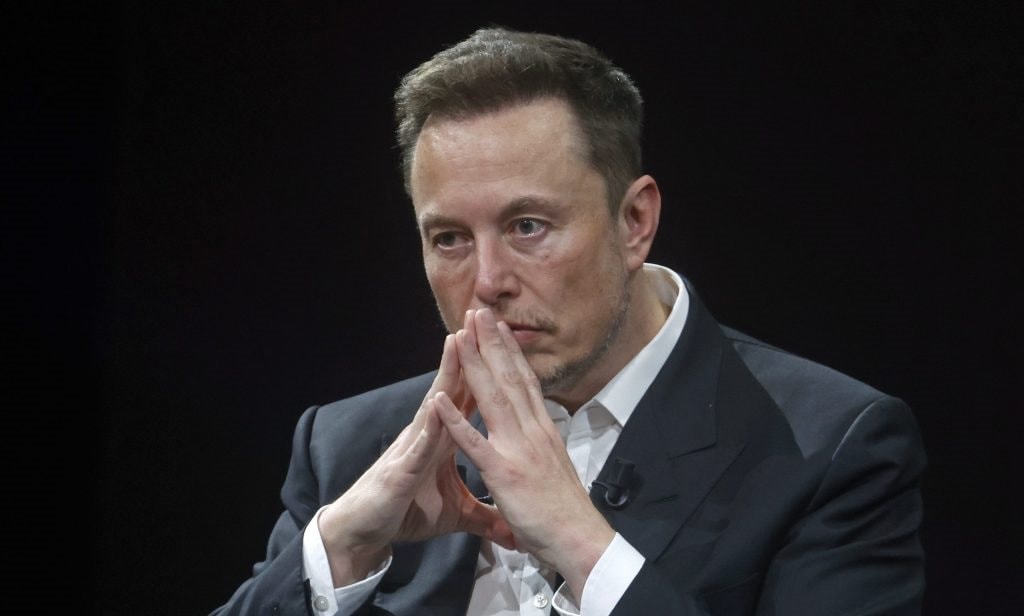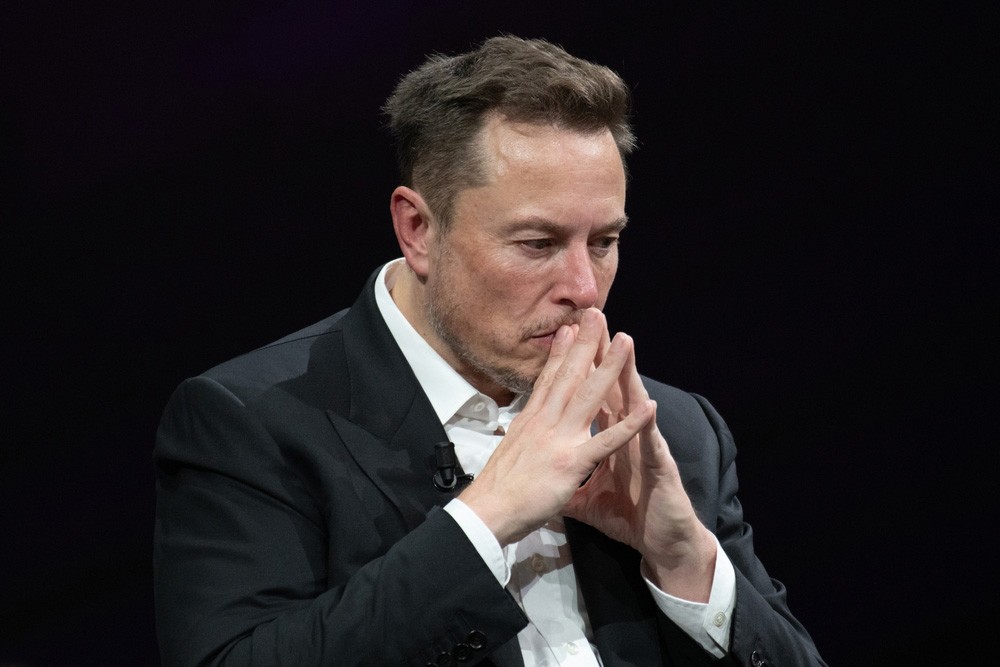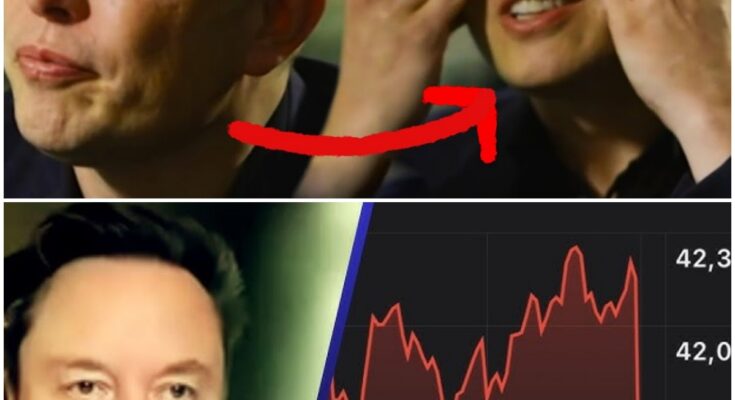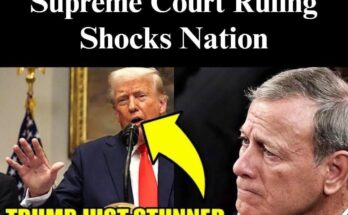Tesla’s Turmoil: Elon Musk Admits Defeat, Withdraws from Federal Involvement Amid Severe Brand Damage
Tesla CEO Elon Musk recently faced investors with audible defeat, admitting significant setbacks caused by his controversial government involvement. Following Tesla’s brutal first-quarter financial report, revealing profits plunging by over 70%, Musk appeared unusually subdued during the recent earnings call, where he acknowledged the severe brand damage Tesla has suffered.
In a rare move, Musk joined Tesla’s quarterly investor call, an event he typically avoids unless addressing something critically important. During the 90-minute session, Musk confirmed he would significantly reduce his day-to-day involvement with the federal government and the Department of Government Efficiency (DOGE)—a role that has deeply tarnished Tesla’s reputation.
“There’s been some blowback for the time I’ve been spending in government with DOGE,” Musk admitted candidly. “I expect there will be unexpected bumps this year. I’ll continue spending a day or two per week on government matters, but only as long as the president desires.”

Musk’s subdued tone starkly contrasted his previous combative style, especially notable in public confrontations. Financial experts now assert Musk’s direct involvement with the Trump administration and DOGE has inflicted permanent damage, estimating a severe 20% blow to Tesla’s brand value.
Moreover, Musk openly criticized the administration’s tariffs, policies he vocally opposed from the start. “Tariffs will be tough on the company when margins are low,” Musk emphasized, underlining that final tariff decisions rest solely with the U.S. President.
“I’ve repeatedly stated that lower tariffs are generally beneficial for prosperity. The decision is fundamentally up to the elected representative, the president of the United States.”
This admission signals Musk’s waning influence within President Trump’s inner circle, despite his earlier closeness. Notably, Musk’s approval ratings have plummeted significantly, tracked meticulously by Nate Silver of The Silver Bulletin.
Recent polling places Musk’s net favorability at negative 13 points, with over 53% viewing him unfavorably—highlighting his declining popularity among voters, including traditionally supportive Republican bases.

Public backlash against Musk stems from multiple controversial decisions, notably exaggerated claims regarding DOGE’s effectiveness. Initially, Musk promised DOGE would cut a staggering $2 trillion from the federal budget, an impossibility quickly exposed.
Subsequently revising his promises downward—first to $1 trillion and eventually a mere $150 billion—Musk faced widespread ridicule. Further embarrassments included mismanagement within DOGE, highlighted by a clumsy handling of the nuclear arsenal’s caretakers, which caused additional reputational harm.
Tesla’s devastating first-quarter results underscore investor frustration over Musk’s divided attention and political entanglements. Financial analyst Dan Ives, appearing on CNN, described Musk’s latest investor call as a critical moment of truth.
“This was investors reaching a fork in the road,” Ives explained. “Musk had to recommit fully to Tesla and distance himself decisively from DOGE. This marks the beginning of the end for Musk’s extensive role within the Trump administration.”
Tesla’s brand damage transcends tariffs, resulting from Musk’s openly partisan stances and aggressive, trollish behavior online, alienating many potential customers.

The Wisconsin State Supreme Court special election vividly demonstrated Musk’s polarizing effect; Democrats turned the election into a referendum against him, resulting in significant losses for Musk-aligned candidates.
Furthermore, veteran political journalist Maggie Haberman highlighted Musk’s apparent misunderstanding of Trump’s policy trajectory. Despite Musk donating heavily to Trump’s campaign, he appeared blindsided by Trump’s unwavering support for tariffs—a stance publicly known for decades.
Haberman argued, “If Musk didn’t realize Trump supported tariffs, one of his few consistent policies for over 40 years, he gravely miscalculated. Musk gambled heavily, hoping Trump would backtrack, but instead he damaged Tesla deeply.”
Musk’s controversial tenure in DOGE exemplifies how aligning closely with divisive political figures can significantly harm a brand’s public perception and financial performance. Musk’s personal traits, such as his confrontational social media presence, perceived cruelty, and lack of charisma, further exacerbated Tesla’s woes.
Financial experts predict that Tesla’s recovery from this self-inflicted wound may take years. The free market’s reaction, encouraging consumers to abandon Tesla products due to Musk’s politics, underscores the broader economic consequences of mixing business leadership with polarizing political engagement.
Elon Musk’s recent admission of defeat and decision to step back from DOGE reflects a growing awareness of his detrimental impact on Tesla’s fortunes.
While Musk remains influential and wealthy, his diminished role within the Trump administration signals a significant shift. This retreat might allow Tesla to begin repairing its damaged brand and refocusing purely on automotive innovation and customer satisfaction.
Ultimately, Musk’s turbulent political engagement offers a cautionary tale for corporate leaders tempted by political prominence, underscoring that commercial brands often suffer lasting damage from overly aggressive political alignments.



